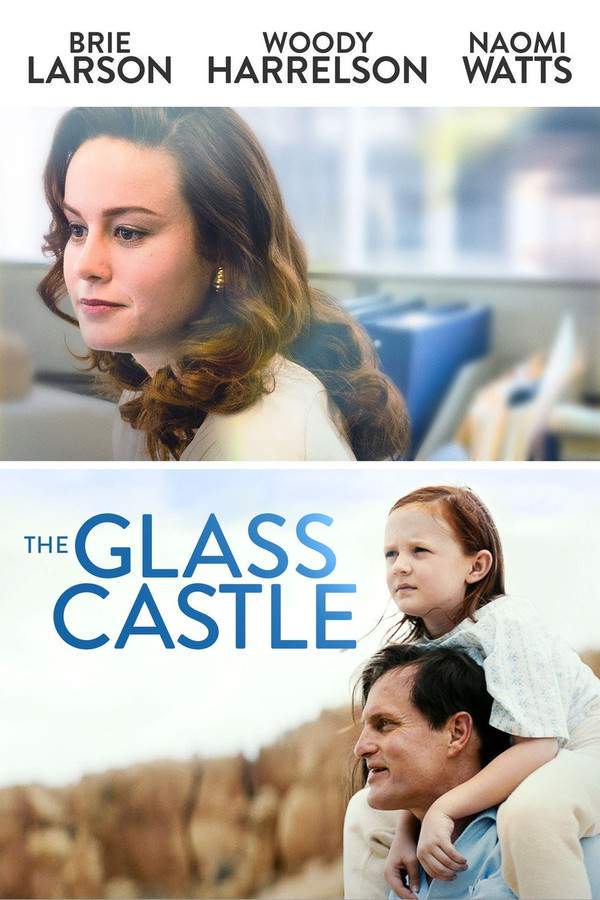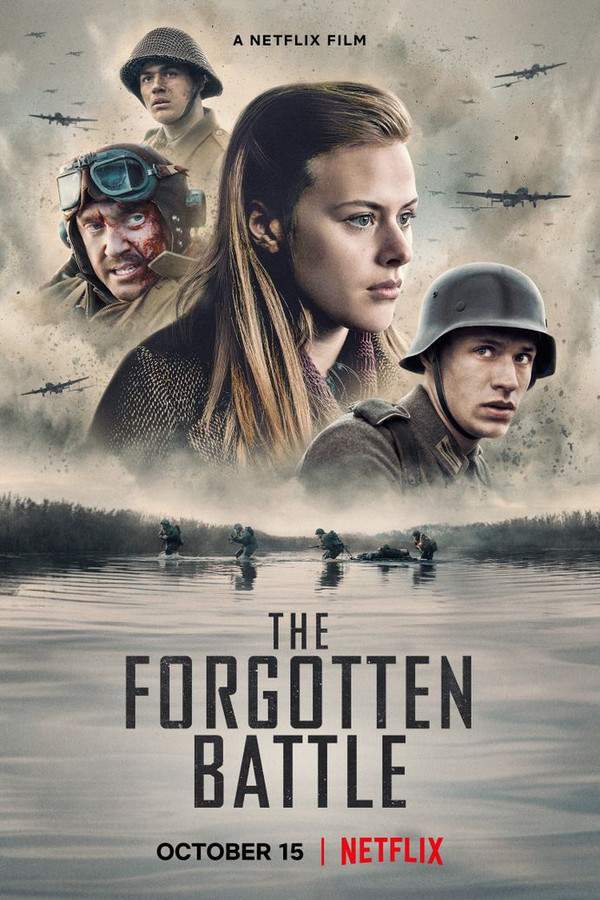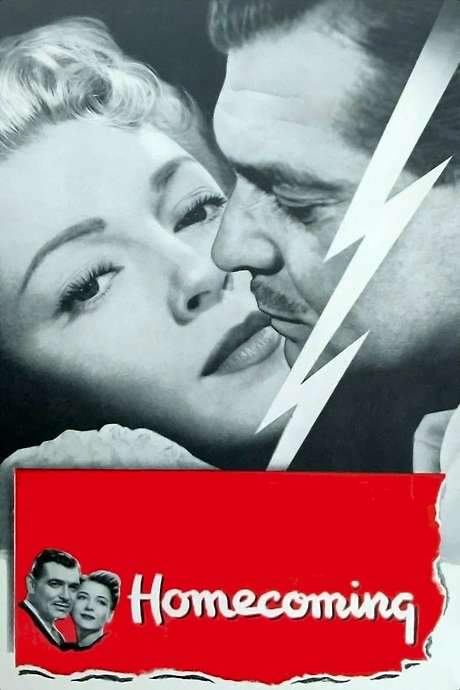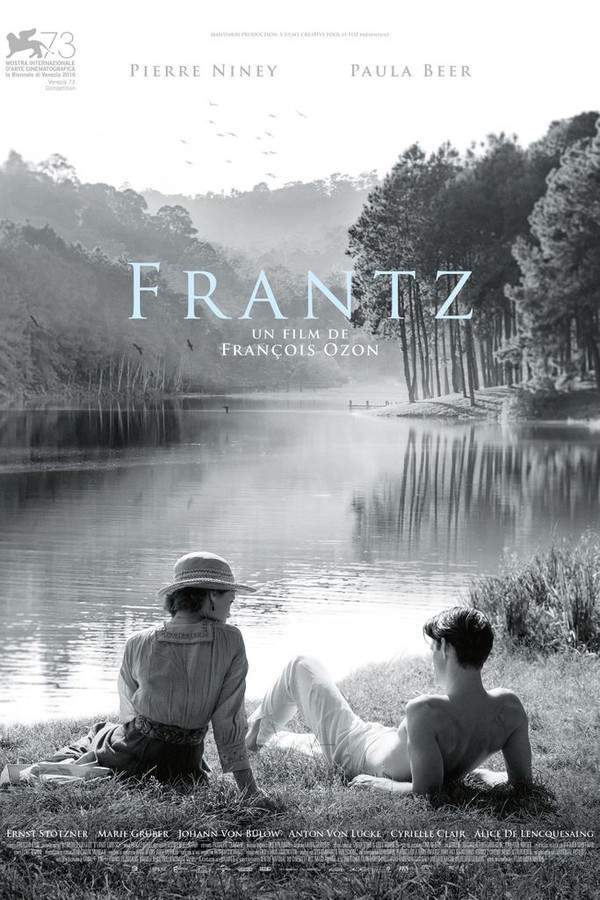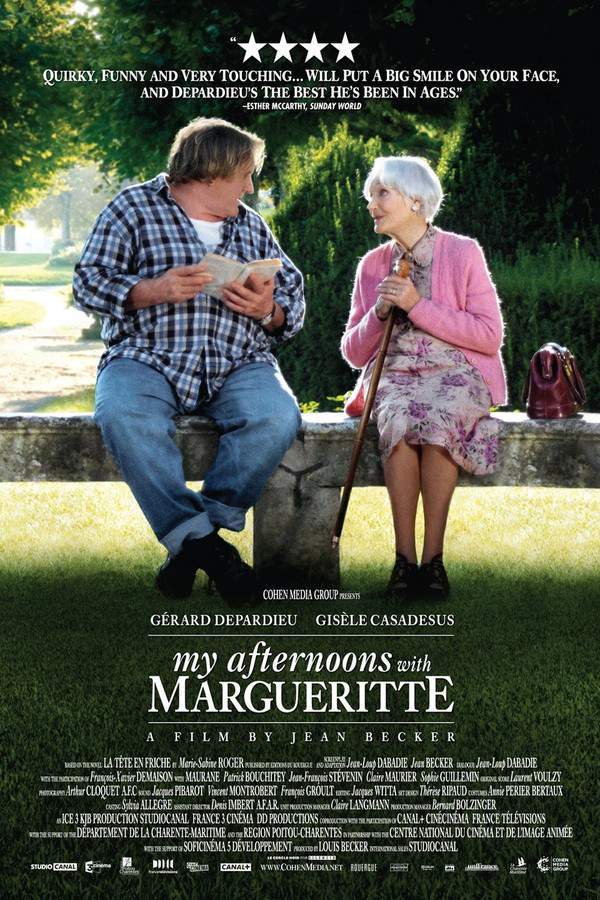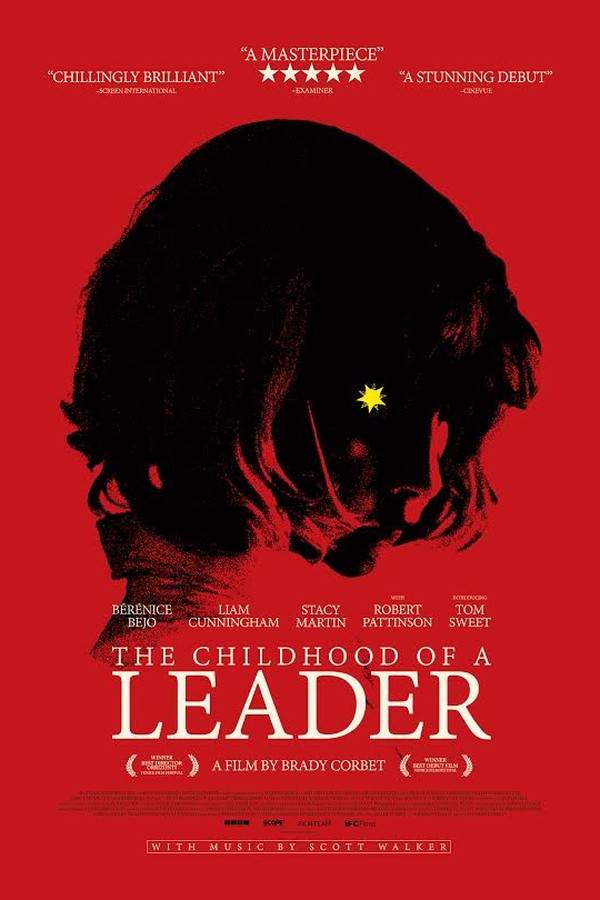
Strange Gardens
Year: 2003
Runtime: 95 mins
Language: French
Director: Jean Becker
Fourteen‑year‑old Lucien is baffled by his normally serious, respected teacher father, who suddenly dons a clown costume and performs a comic show. André, his father’s longtime friend, sympathizes with the confused teen and decides to share a secret from their shared past that sheds light on the father’s odd new behavior.
Warning: spoilers below!
Haven’t seen Strange Gardens yet? This summary contains major spoilers. Bookmark the page, watch the movie, and come back for the full breakdown. If you're ready, scroll on and relive the story!
Strange Gardens (2003) – Full Plot Summary & Ending Explained
Read the complete plot breakdown of Strange Gardens (2003), including all key story events, major twists, and the ending explained in detail. Discover what really happened—and what it all means.
In the 1950s, Jacques Jacques Villeret Pouzay, a local schoolteacher, returns every year to the small provincial town of Douai for the town fair, accompanied by his wife Louise Isabelle Candelier and their two children, Françoise Nina-Paloma Polly and Lucien Damien Jouillerot, to perform a clown routine before the crowd. On the road they pick up Jacques’ best friend, André André Dussollier Designy, and an elderly woman named Marie Suzanne Flon. The air is light, and the town welcomes the familiar faces with warmth as the show begins to unfold.
During the performance, André notices that Lucien does not enjoy the spectacle and asks him what troubles him. The boy confesses that he feels ashamed of his father’s actions and cannot understand why he humbles himself in front of an audience every year. Sensing a deeper truth behind the laughter, André takes the boy aside and begins to tell him the story of why Jacques performs as a clown, a tale that stretches back to another war-torn time.
Flashback to Douai in 1944, during the late stages of the German Occupation. Jacques and André are close friends who have long avoided any active involvement in the Resistance, fear weighing on them as the war rages on. After the D-Day landings, General de Gaulle calls for sabotage to aid the Allied advance through France, and the two men decide to strike a bold blow: they plan to blow up an interlocking tower at a train yard that supplies German reinforcements to the Normandy front. Jacques distracts the German lookout while André uses ordnance abandoned earlier by retreating French troops to destroy the tower. Unbeknownst to them, the tower is also home to Félix Gerbier, a local worker who operates the track switches, and he is gravely wounded in the blast.
Back at the café, the group toasts to their action, unaware of the danger looming in the shadows. German troops arrive and round up Jacques and André to form a four-person hostage team that could be shot if the saboteurs fail to surface within a day. Also in the grip of arrest are Emile, a Resistance fighter, and Thierry, a local insurance agent. The four men are thrown into a clay pit at a quarry, and the German commander insists that they are at the mercy of orders—either the saboteurs will come forward, or the hostages will be executed. As the captives realize they face a grim choice, their reputations for cowardice and pride cloud any chance of immediate trust among them.
A sentinel named Bernd [Bernard Collins], a genuine, good-natured German soldier, stands guard over the pit and gradually becomes a beacon of humanity in the bleakness. He entertains the hostages with a playful clown act and reveals a surprising past: he used to be a circus artist from Medrano in Paris before being drafted into the Wehrmacht. Bernd shares his food rations with the starving men, and his kindness becomes a stark reminder that not all soldiers are monsters. The four hostages learn to see him as more than an occupying figure, a man shaped by conflicting loyalties and fear as the hours tick by. On the night before the deadline, Bernd faces the brutal weight of command and chooses to refuse participation in the firing squad, a stand that costs him his life as his superior executes him for insubordination. His red clown nose falls into the clay pit, a small, poignant symbol of the fragile humanity that threads through the horror.
In a final twist of fate, Félix—the man who risked everything to save them—takes the blame upon himself on his deathbed, pretending to be the saboteur and injuring himself to shield the other four. The hostages survive the ordeal, and the war drifts toward the Allies’ advance. Jacques and André drift apart from the town, while Thierry returns to his work and Emile eventually joins the French army under Marshal De Lattre de Tassigny to help continue the liberation. When the war ends and Douai is freed, Jacques and André return to the quarry to erect a cross for Bernd, honoring the life he sacrificed for them all. They also visit Félix’s widow, who turns out to be Marie, to reveal the truth and express gratitude for his sacrifice; she forgives them. During the armistice celebrations, Jacques asks Louise to marry him, marking the closure of the old tensions and the hopeful continuation of their life together, especially as André withdraws from the lingering love triangle.
Back in the present, Lucien comes to a moving understanding: his father’s clown routine was never mere ridicule. It is a tribute to Bernd’s sacrifice and a way of honoring those who gave their lives at a moment when laughter seemed almost impossible. As the crowd laughs with Jacques on stage, Lucien chooses to join them, recognizing that humor can carry memory, courage, and forgiveness across generations. The annual ritual, once a source of embarrassment for a son, becomes a living memorial to a shared history and a bridge between past and present, a reminder that even in the darkest chapters, humanity and compassion endure.
Last Updated: October 09, 2025 at 16:52
Explore Movie Threads
Discover curated groups of movies connected by mood, themes, and story style. Browse collections built around emotion, atmosphere, and narrative focus to easily find films that match what you feel like watching right now.
Movies where the past explains the present like Strange Gardens
Characters piece together family secrets that explain unusual present-day behaviors.If you liked the way Strange Gardens unraveled a father's secret wartime past, you'll enjoy these movies. Discover other poignant dramas and comedies where hidden histories, often involving sacrifice and memory, illuminate the motivations of characters in the present day.
Narrative Summary
These narratives often employ a dual timeline, moving between a quiet, contemplative present and a more intense, dramatic past. The journey is one of discovery, as a younger character or an outsider pieces together clues, leading to an emotional climax where past and present converge, offering resolution and deeper familial bonds.
Why These Movies?
Movies in this thread share a core structure of historical revelation and a bittersweet emotional tone. They connect through themes of legacy, sacrifice, and the quiet ways trauma echoes through generations, all explored with a reflective, heartfelt mood.
War stories about humanity and sacrifice like Strange Gardens
Stories focusing on small acts of kindness and sacrifice during wartime.Fans of the poignant wartime flashback in Strange Gardens will appreciate these movies. Explore similar films that depict World War II or other conflicts through a personal lens, emphasizing acts of bravery, sacrifice, and the preservation of one's humanity against all odds.
Narrative Summary
The narrative often follows a group or individual caught in an impossible situation, where survival is pitted against moral integrity. The central conflict is internal as much as external, leading to acts of profound self-sacrifice or quiet rebellion that become cherished memories, defining the lives of those who survive.
Why These Movies?
These films are grouped by their shared setting in war-torn environments and their primary thematic focus on the resilience of the human spirit. They deliver a heavy emotional weight through stories of sacrifice, and consistently balance the bleakness of war with moments of tenderness and hope.
Unlock the Full Story of Strange Gardens
Don't stop at just watching — explore Strange Gardens in full detail. From the complete plot summary and scene-by-scene timeline to character breakdowns, thematic analysis, and a deep dive into the ending — every page helps you truly understand what Strange Gardens is all about. Plus, discover what's next after the movie.
Strange Gardens Timeline
Track the full timeline of Strange Gardens with every major event arranged chronologically. Perfect for decoding non-linear storytelling, flashbacks, or parallel narratives with a clear scene-by-scene breakdown.

Characters, Settings & Themes in Strange Gardens
Discover the characters, locations, and core themes that shape Strange Gardens. Get insights into symbolic elements, setting significance, and deeper narrative meaning — ideal for thematic analysis and movie breakdowns.

Strange Gardens Spoiler-Free Summary
Get a quick, spoiler-free overview of Strange Gardens that covers the main plot points and key details without revealing any major twists or spoilers. Perfect for those who want to know what to expect before diving in.

More About Strange Gardens
Visit What's After the Movie to explore more about Strange Gardens: box office results, cast and crew info, production details, post-credit scenes, and external links — all in one place for movie fans and researchers.

Similar Movies to Strange Gardens
Discover movies like Strange Gardens that share similar genres, themes, and storytelling elements. Whether you’re drawn to the atmosphere, character arcs, or plot structure, these curated recommendations will help you explore more films you’ll love.
Explore More About Movie Strange Gardens
Strange Gardens (2003) Scene-by-Scene Movie Timeline
Strange Gardens (2003) Movie Characters, Themes & Settings
Strange Gardens (2003) Spoiler-Free Summary & Key Flow
Movies Like Strange Gardens – Similar Titles You’ll Enjoy
Frantz (2017) Movie Recap & Themes
My Afternoons with Margueritte (2011) Complete Plot Breakdown
The Childhood of a Leader (2016) Movie Recap & Themes
Strange Colours (2017) Detailed Story Recap
Comedy of Innocence (2000) Story Summary & Characters
Un étrange voyage (1981) Film Overview & Timeline
Small Change (1976) Plot Summary & Ending Explained
The Pleasure Garden (1961) Film Overview & Timeline
Sans rancune ! (2009) Ending Explained & Film Insights
The Garden (1968) Movie Recap & Themes
Mr. Orchid (1946) Full Movie Breakdown
Franciscan of Bourges (1968) Detailed Story Recap
My Father’s Secrets (2022) Story Summary & Characters
The World of Ludovic (1993) Plot Summary & Ending Explained
Strange City (1972) Film Overview & Timeline



